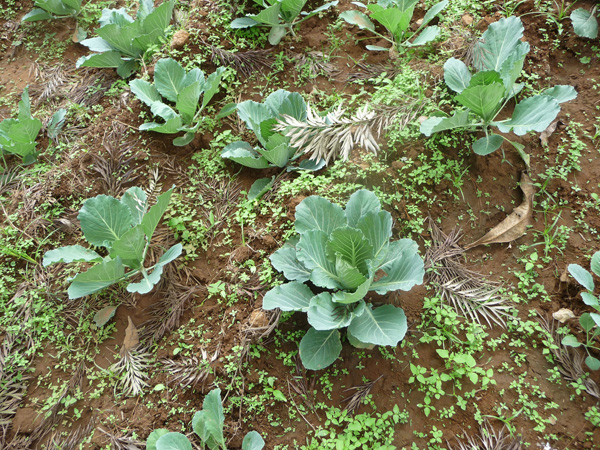Abstract
Agricultural advisory services generally rely on interpersonal knowledge transfers in which agricultural extension agents visit farmers individually or in groups to provide information and advice. This approach is not always effective and has often proved hard to bring to scale, particularly in highly dispersed smallholder farming systems. Information and communication technologies (ICTs) have been advanced as a promising way to overcome these problems associated with information delivery. We evaluate the effectiveness of an ICTmediated approach to deliver agricultural information in a field experiment conducted among small-scale maize farmers in eastern Uganda.
The approach consists of three complementary technologies: First, we investigate the effectiveness of video as a means of delivering information, transferring knowledge, increasing technology adoption, increasing productivity, and improving well-being. Second, we quantify the additional impact of augmenting video with interactive voice response (IVR) technology—a more demand-driven approach to information provision. Third, we estimate the additional effect of time-sensitive short message services (SMSs) that remind farmers about key agronomic practices and technologies. We find that video is effective in delivering information, with households that were shown short videos on how to become a better maize farmer performing significantly better on a knowledge test, applying more of the recommended practices, and using inputs more effectively than households that did not see this video. These same households also reported maize yields about 10 percent higher than those that did not see the video. However, the incremental effects of IVR and SMS technologies were found to be limited.
Read the full report from Digital Green and the Feed the Future Developing Local Extension Capacity (DLEC) project: https://www.digitalgreen.org/wp-content/uploads/2017/09/DLEC-IFPRI-Study_ICTs-to-Provide-Agricultural-Advice-to-Smallholder-Farmers.pdf

